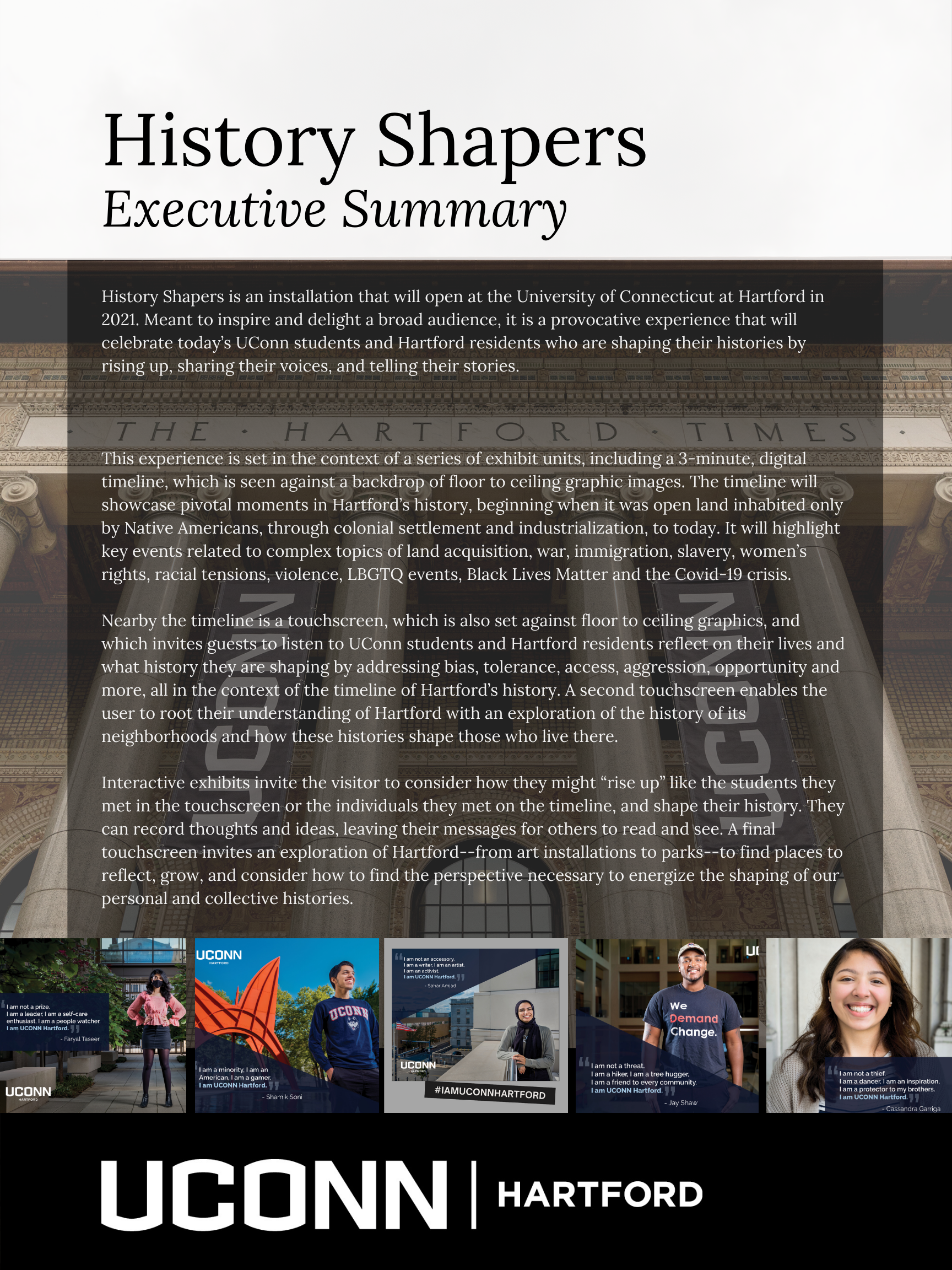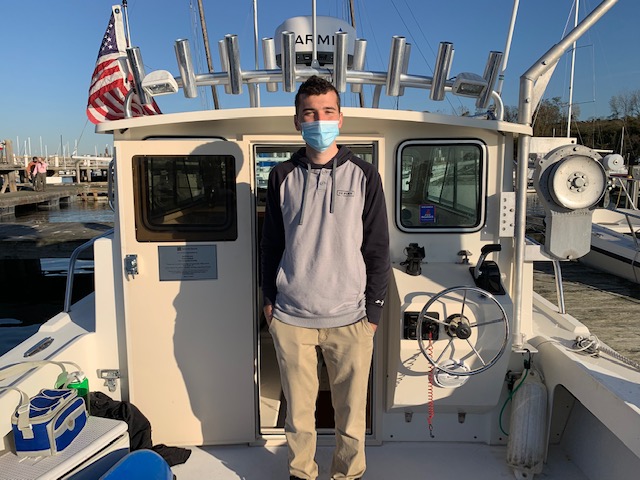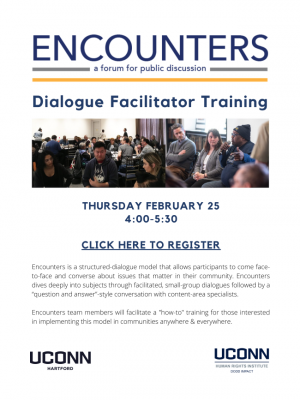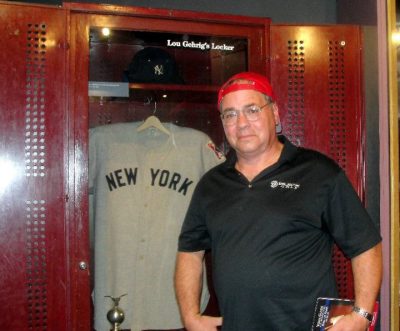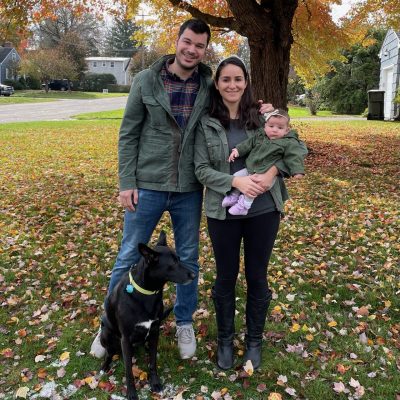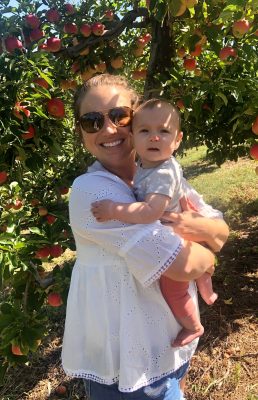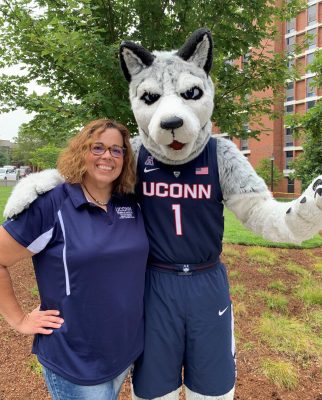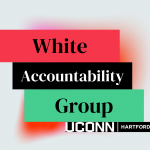
The white accountability group (WAG) will occur over one hour a week for ten weeks. This will be a facilitated session by Joleen Nevers, Alaina Brenick and Mubera Bećirović. Through the examination of systems of privilege and white supremacy, participants will be able to understand the impacts of these systems and our behaviors on our community through anti-racism work. The commitment to this group is the hour a week and reflective time outside of the group. There may be some activities to prepare for outside of the group, which would amount to two hours over the course of the ten weeks.
White accountability groups are a place for white and white passing people to understand their own racism and privilege and how systems of oppression impact everyone. Through centering Black, Brown, Indigenous and People of Color in our lives and our world, we can start to understand our role in being complicit with racism and start to engage in action to work on ourselves and within all of the systems in which we are situated. We use a social-ecological lens to look at the impact of racism within ourselves, our relationships with others, within our community, and within our society.
By the end of the WAG participants will be able to:
Define terminology;
Define the impacts of racism on individuals;
Identify anti-racism strategies;
Practice anti-racism strategies.
We invite you to join us in this effort by dedicating an hour of your time per week over the course of 10 weeks. We plan to kick-off this effort on February 11th. All who plan to join will receive communication and calendar invites.
For more information, email us at engagement.hartford@uconn.edu.
